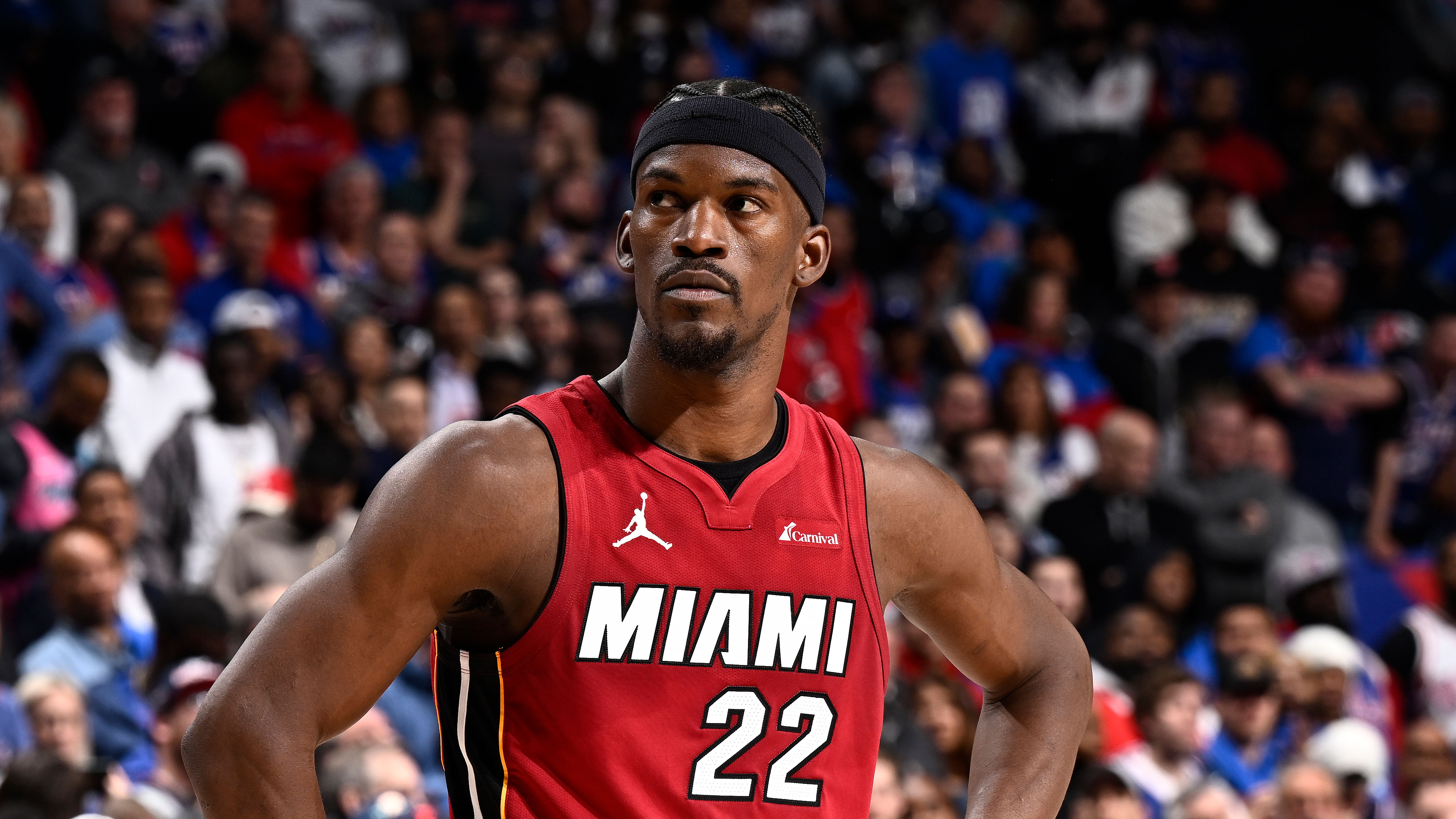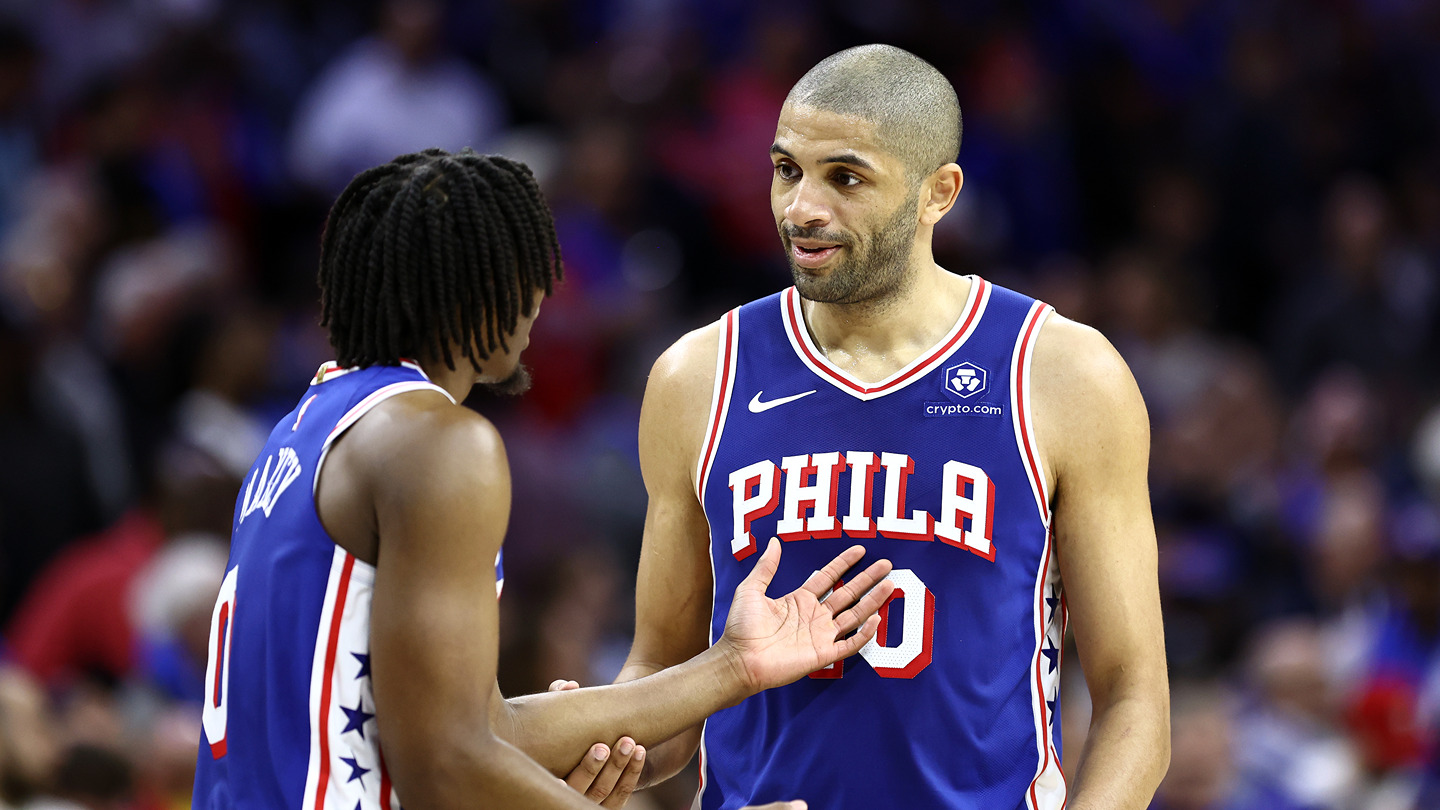Over the weeks leading up to the 2017 NBA draft, we'll be making cases for the Sixers to draft several prospects. Our series will kick off with options at No. 3 (or trade downs) followed by second-round possibilities. The 2017 NBA draft will take place on June 22 at Barclays Center in Brooklyn, New York.
Frank Jackson
Position: PG/SG
School: Duke
Height: 6-4
Weight: 205
Wingspan: 6-7 1/2
The NBA Finals are over, so it's time to dive head first into the NBA draft, which will take place in just nine days. As with every season, there are a fair number of players from the blue-blood programs like Kentucky and Duke entering the draft. Counted in that exclusive pool this year is Frank Jackson, committed to the draft after one season in the backcourt in Durham, North Carolina.
Jackson was expected to return to Duke for his sophomore year, but he surprised many by signing with an agent and keeping his name in the draft, forgoing his last three years of eligibility. Let's look into why he's in the draft and whether he fits with the Sixers and their slew of second-round picks.
The case for Jackson
Explosive.
That's the best word to describe Jackson. If you're wondering why someone who often came off the bench his freshman year declared for (and stayed in) the draft, that's why. Jackson has the physical tools to explode toward the basket and finish with the best of them.
Philadelphia 76ers
Complete coverage of the Philadelphia 76ers and their rivals in the NBA from NBC Sports Philadelphia.
Jackson is only 19 years old and won't turn 20 until after his first NBA season, making him easily one of the youngest players in this class. The former Utah Mr. Basketball played a combo-guard role for the Blue Devils this year and was solid in bursts. His first step can overtake a defender at once and give him the edge to get to the basket. He's proficient enough to finish and has a nice floater in the midrange.
With a lot of talent surrounding him at Duke, Jackson brought a certain physicality to the backcourt that was lacking at times. He slashes to the basket and has a 42-inch vertical leap. Not bad. Not bad at all. It's likely his physical tools that kept him in the draft with teams craving a player with his projectable talent.
He can also shoot well, going 39.5 percent from beyond the arc while taking a lot of his shots from around the arc. He's able to finish off the dribble or on the catch. Unlike some players, he doesn't check out when others have the ball on offense. You can see his full offensive toolset on display during his 22-point night against Florida State in February.
On defense, his 6-7 1/2 wingspan gives him the ability to stay with guards and overcome his average height for a shooting guard, which is likely his position at the next level.
The case against Jackson
For the case against Jackson, you start defensively. His wingspan helps, but his overall size is a concern. There are certainly 6-foot-4 (or smaller) shooting guards in the NBA. However, there are also many who fit that profile yet failed to stick in the Association.
Jackson would get beaten off the dribble a fair amount by some smaller, quicker point guards while at Duke. Considering his size, he won't be able to switch onto wings - who also touched him up on drives in college - and the NBA's elite guards could have a field day with Jackson. He'll need to maintain focus, stay with opposing two-guards and remain with them beyond the arc.
Offensively, he doesn't quite have the tools to play the point. Not in the NBA. He's simply not a primary ballhandler with the kinds of defenders he'll face. Too often, better defenders could pressure him into weak turnovers or contested shots. His handle didn't let him get to the rim against some athletic opponents, although FSU wasn't an issue for him.
This isn't to say that Jackson can't broaden his game at the next level and learn to make more of the right passes nor is it fair to say he's a minus on offense. He still has a lot of potential there, yet his game still needs work. Like every 19-year-old.
The final concern with Jackson is one all too familiar to Sixers fans: A foot injury. He underwent right foot surgery last month to fix a stress fracture in the foot, an injury he suffered during the college season. He's expected to be back by next month and he still looked good at the NBA Draft Combine despite the injury.
Analysis
If it wasn't for his foot injury, Jackson likely would have been a late first-round pick. Now, it's unclear, but he'll probably be a second-round selection, giving the Sixers a shot at acquiring the guard.
Jackson could easily slot into the Sixers bench if he improves on the defensive end. You're not necessarily looking for a star in the second round and someone with the physical tools to be a first-round pick is a nice get with multiple shots to take at the end of the draft.
Whether he can get to the rim as easily or if his jump shot is too long to get it off at the next level are questions which will hang over his head. Yet you're going to get someone with warts in the second round. Jackson is worth considering if he falls to the Sixers and he'd be a good get anywhere from pick 36 to 50.



